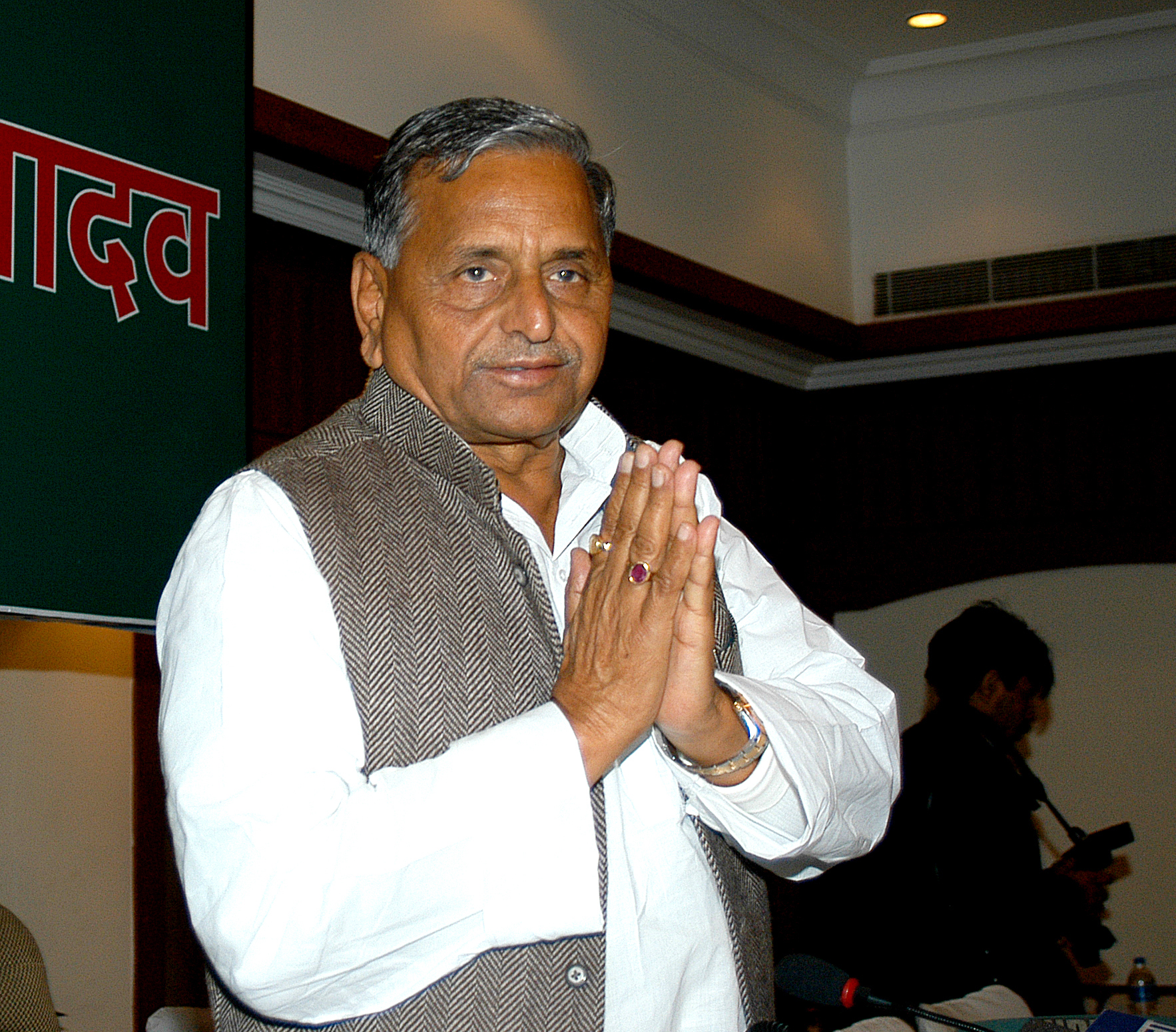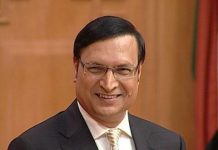
The death of the tallest Samajwadi leader, Mulayam Singh Yadav, 82, left a big void in the politics of the Uttar Pradesh where for the last five decades he remained a formidable centre of power despite many ups and downs he faced in his political career, writes Mudit Mathur
The death of the tallest Samajwadi leader, Mulayam Singh Yadav, 82, left a big void in the politics of the Uttar Pradesh where for the last five decades he remained a formidable centre of power despite many ups and downs. His social and political journey depicts his untiring grassroots struggle through which he managed to realise the dream of his mentor and socialist ideologue Dr Ram Manohar Lohia to root out the Congress from the state. Congress could not revive since 1989 after the powerful emergence of Mulayam Singh Yadav in the state.
Born on November 22, 1939 into a farming family in Saifai near Etawah in Uttar Pradesh, Yadav was the head of the state’s most prominent political clan. In his initial political days, he was a close associate of farmers’ leader Chaudhary Charan Singh, who formed Bhartiya Kranti Dal in 1967 after resigning from the Congress. Just at the age of 28, Mulayam Singh Yadav fought and won assembly election from Jaswant Nagar as a candidate of Samyukta Socialist Party. Charan Singh became the chief minister with the help of socialist leaders Dr Lohia and Raj Narain. After that, Mulayam Singh continued to rise high and high.
He was elected MLA 10 times and an MP, mostly from Mainpuri and Azamgarh, seven times. He was also the defence minister (1996-98), and chief minister thrice (1989-91, 1993-95, and 2003-07). And briefly, he even appeared to have a shot at the prime minister’s post. He was a strong player in national political scenario as a national leader but UP remained his bastion where Yadav played out his politics well. Beginning as a teenager who was influenced by socialist leader Ram Manohar Lohia. He started his career as teacher in Karhal Mainpuri but his political ambitions and goal to bring change in the lives of poor and downtrodden motivated him to join active politics.
Mulayam Singh Yadav had good links and patronage of many Congress leaders of socialist background but he held special respect for veteran leader Narayan Dutt Tiwari, who as chief minister gave him security cover and encouraged him as helping hand in his politics. Tiwari was fed up with the working of his two ministers Bir Bahadur Singh and Balram Singh Yadav who joined hands to harass Mulayam’s supporters in the local political rivalry. Tiwari most of the time helped him as chief minister of the state.
Mulayam Singh Yadav had unique qualities to win friends. His political foes too got refuge in his protection. His two political rivals, Balram Singh Yadav and Darshan Singh Yadav, later joined his Samajwadi Party and became members of Parliament.
Across the political spectrum, Mulayam Singh Yadav has pan India recognition that witnessed huge turnout of masses and political leaders from all the political parties at his funeral. Even Prime Minister Narendra Modi is one of his admirers, and kept good terms with him.
With the age-related ailments Mulayam Singh Yadav scripted transfer of all his powers to his only son Akhilesh Yadav despite inner skirmishes among family members and trusted old timers like his younger brother Shivpal Singh Yadav and Mohd Azam Khan.
The coronation of Akhilesh Yadav in 2012 as chief minister gave a clear message to his supporters that now, Akhilesh will carry his legacy forward. It would be interesting to watch how deftly Akhilesh will be able to consolidate his supporters to remain a powerful political force.













